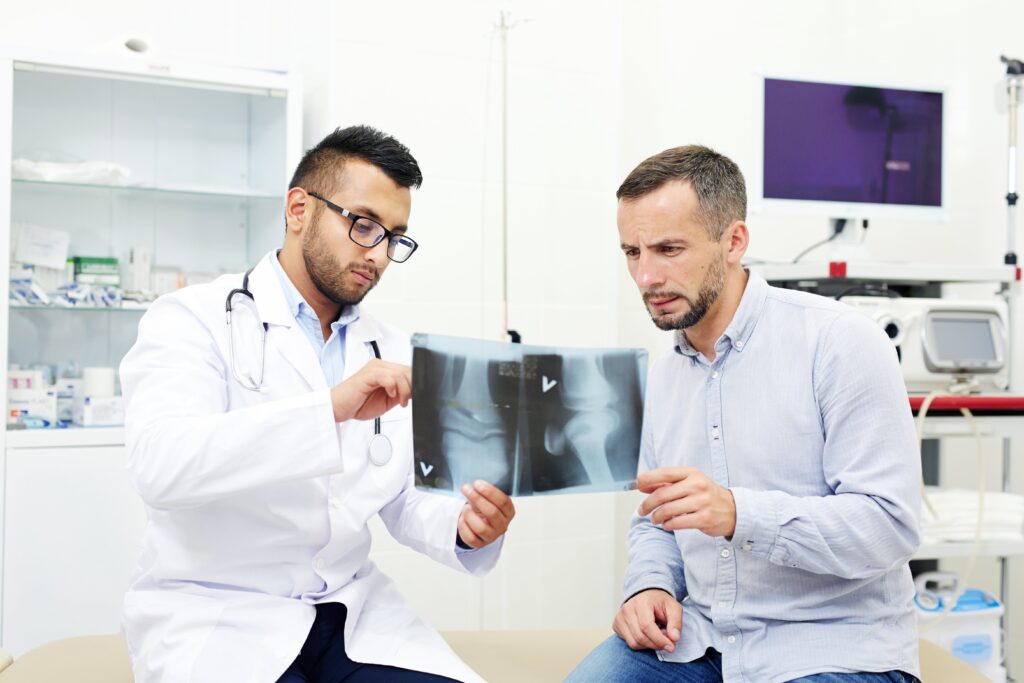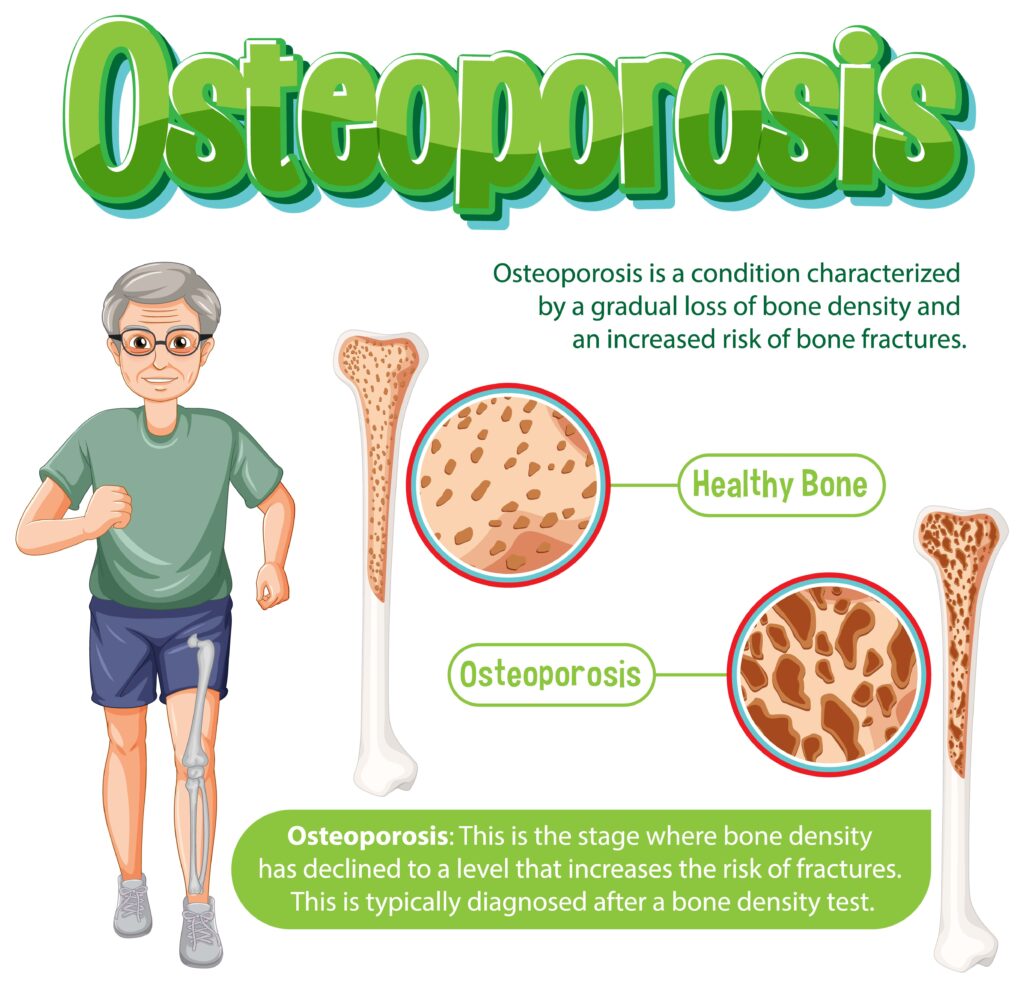
World Osteoporosis Day, observed on October 20th, is a vital opportunity to raise awareness about osteoporosis, a condition characterized by weakened bones and an increased risk of fractures. We believe in educating our community on the importance of bone health and the steps that can be taken to prevent this silent disease. By focusing on osteoporosis prevention, we can improve quality of life and reduce the risk of fractures.
Osteoporosis is often referred to as a “silent disease” because it can progress without symptoms until a fracture occurs. The condition affects millions of people worldwide, particularly older adults and postmenopausal women. However, it is essential to understand that osteoporosis is preventable and manageable through proactive health measures.

World Osteoporosis Day is not just a day to acknowledge the impact of this disease; it serves as a platform for raising awareness and educating people on the importance of bone health. Here are several key reasons why this day is significant:
Several factors can contribute to the development of osteoporosis, including:
Taking proactive steps to improve bone health can significantly reduce the risk of osteoporosis. Here are some essential measures:
At Al Hana Modern Medical Center, we are dedicated to promoting bone health and preventing osteoporosis. Our team of specialists provides comprehensive screenings and personalized treatment plans tailored to each patient’s needs. Whether it’s through education, nutritional guidance, or physical therapy, we are here to support you in maintaining strong bones.
On World Osteoporosis Day, let’s come together to promote awareness and encourage healthy lifestyles. Small changes can make a significant impact on bone health and overall well-being. Schedule a bone density test and learn how to prevent osteoporosis effectively.
While osteoporosis can occur at any age, women should begin focusing on bone health around menopause, typically in their late 40s to early 50s.
Osteoporosis cannot be completely reversed, but its progression can be slowed or managed through lifestyle changes, medication, and regular monitoring.
Yes, while women are at a higher risk, men can also develop osteoporosis, particularly as they age and experience hormonal changes.
WhatsApp us